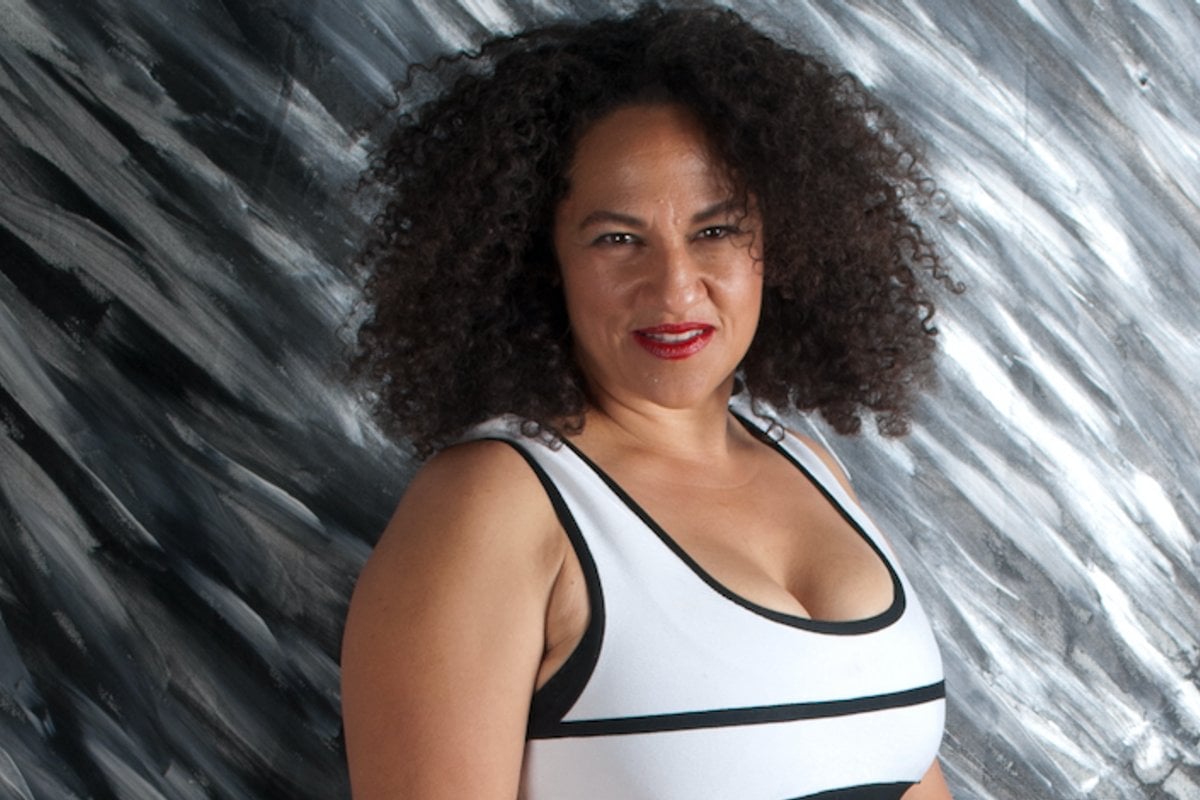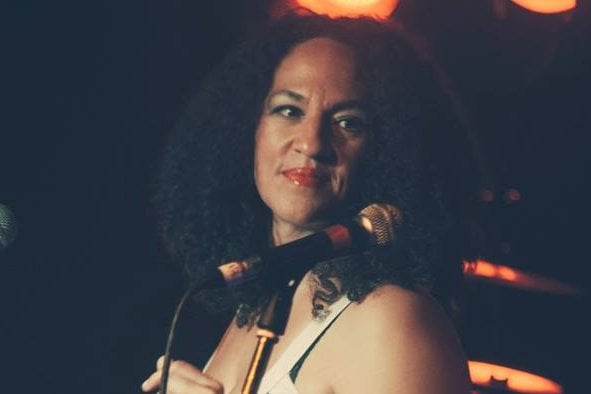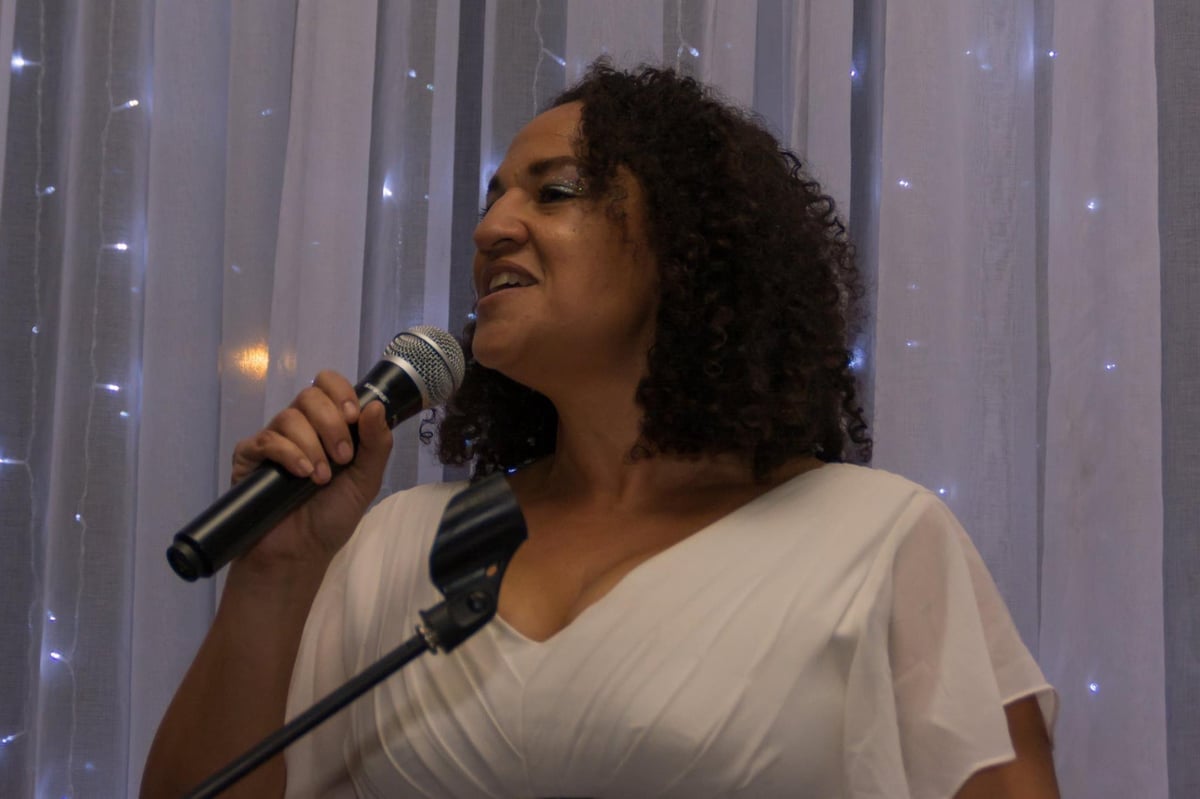
This post deals with child sexual assault and might be triggering for some readers.
"Could I have stopped it?"
That’s the question Malika asked herself, as she dealt with crippling shame after suffering from sexual assault as a child at the hands of her stepfather.
Malika is one of the 2.5 million Australian adults – more than one in 10 – who experienced physical or sexual abuse during their childhood, according to ABS.
She was four years old when her perpetrator began grooming her. She remembers it started with his penis falling out of his pants and pornography being left around the house. When she was six years old, he forcibly performed oral sex on her. When she was 12, the penetration started.
Her stepfather told her it was "their" secret.
It wasn’t until a 15-year-old Malika wrote on her bedroom wall, "Fathers are for hating," that her family discovered the abuse occurring under their roof.
 Malika was four years old when the grooming period began. Image: Supplied.
Malika was four years old when the grooming period began. Image: Supplied.


Top Comments